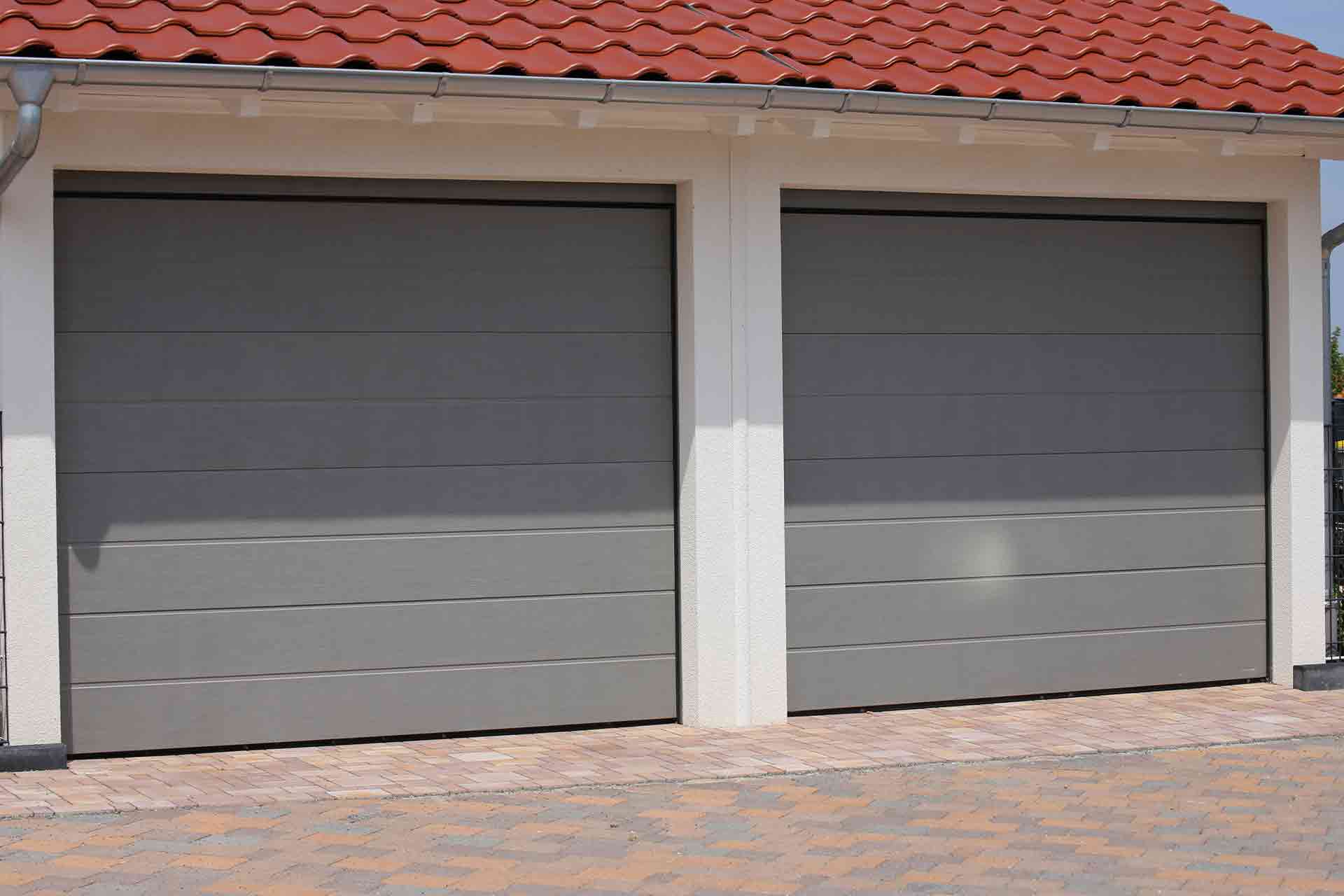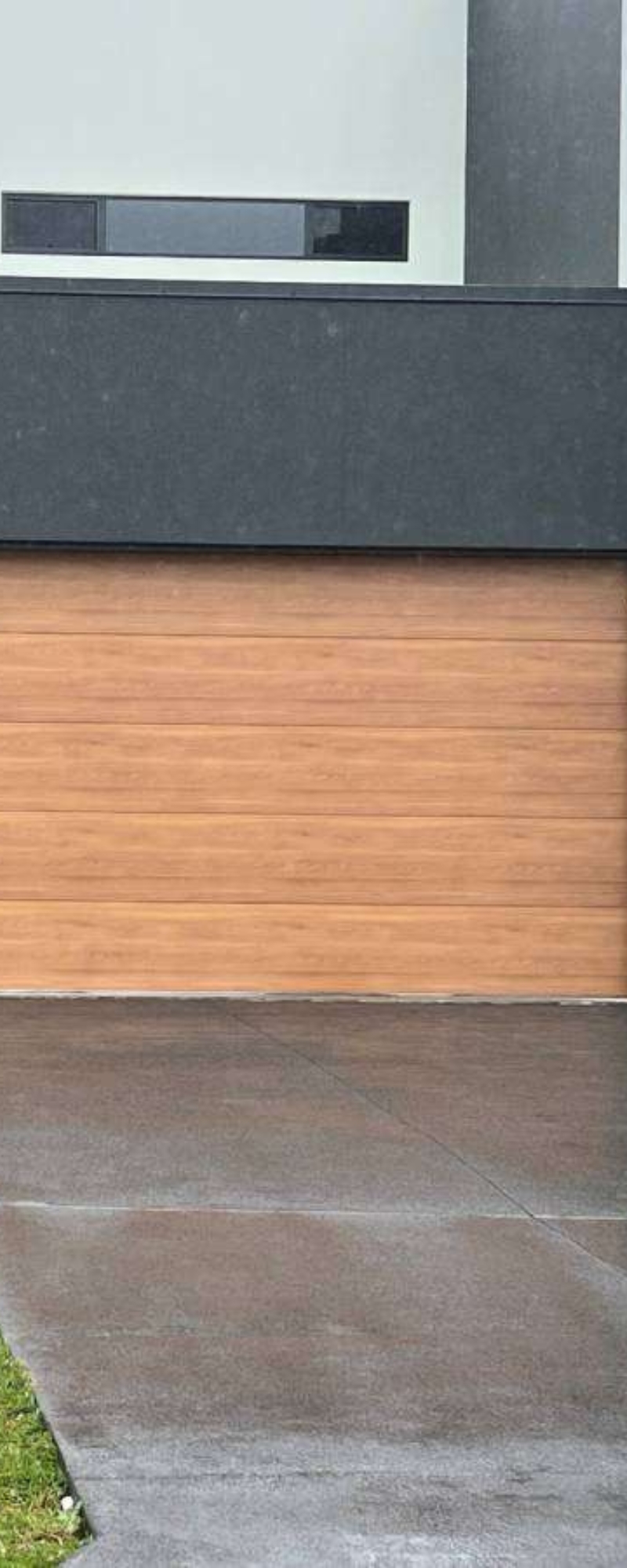
“Understanding Local Building Codes When Installing a New Garage Door”
Introduction
Installing a new garage door is more than just a home improvement project; it’s an investment in your property’s safety, aesthetics, and functionality. However, before you dive into choosing the perfect door or hiring a service for installation, it’s crucial to understand local building codes that govern these projects. These regulations are put in place to ensure safety, accessibility, and energy efficiency. This article will guide you through the complexities of local building codes when installing a new garage door and provide insights into maintenance, design trends, and more.
Understanding Local Building Codes When Installing a New Garage Door
Local building codes vary by jurisdiction but generally include regulations regarding the design, materials used, structural integrity, and safety measures that must be adhered to during installation. These codes are designed to protect homeowners from potential hazards associated with improper installation or substandard materials.
Why Are Building Codes Important?
Building codes serve several essential purposes:
- Safety: They help prevent accidents and injuries related to structural failures.
- Quality Assurance: Adhering to these codes ensures that materials used meet certain standards.
- Insurance Compliance: Most insurance policies require compliance with local building codes for coverage.
For example, if you live in an area prone to cyclones or extreme weather conditions, specific requirements may dictate how your garage door should be reinforced or insulated.
Garage Door Maintenance Benefits
Regular maintenance of your garage door not only prolongs its lifespan but also ensures it operates smoothly. Here are some primary benefits:
Creating a Garage Door Maintenance Schedule
Establishing a regular maintenance schedule can make all the difference in keeping your garage door functioning properly.
- Monthly Inspections: Check for signs of wear and tear on cables and rollers.
- Quarterly Lubrication: Apply lubricant to moving parts like hinges and tracks.
- Annual Professional Inspection: Invest in professional garage door inspections once a year to catch any hidden issues.
Choosing a Garage Door Repair Service
When it comes time for repairs or replacements, choosing the right service provider is paramount.
What to Look For?
How Much Are Garage Door Repairs?
The cost can vary based on the extent of damage and type of repair needed. On average:
| Type of Repair | Average Cost | |---------------------------|------------------| | Spring Replacement | $150 - $300 | | Cable Replacement | $100 - $200 | | Panel Replacement | $250 - $800 |
DIY Garage Door Troubleshooting
While some repairs require professional assistance, there are minor issues you can troubleshoot yourself:
- Check for obstructions along the track.
- Inspect power sources if using an electric opener.
- Lubricate moving parts as needed.
- Tighten loose hardware.
Weather Impact on Garage Doors
Understanding how weather can affect your garage doors is critical for their longevity and performance.
Preparing Your Garage Door for Cyclones
In areas prone to cyclones:
- Install hurricane braces that meet local building codes.
- Consider impact-resistant doors designed specifically for severe weather conditions.
Insulated Garage Door Benefits
Insulated doors offer substantial advantages such as:
Common Garage Door Failures
Recognizing common issues can help you take action before they escalate into severe problems:

- Misaligned Tracks
- Broken Springs
- Damaged Panels
Taking preventive measures through regular inspections will save time and money later on.
Enhancing Garage Door Security
With increasing concerns about home security, enhancing your garage door's security features is essential.
Advanced Overhead Door Features
Consider upgrading to doors that incorporate advanced security features such as:
Garage Door Replacement Options
If you're considering replacing your old garage door, numerous options exist that comply with local building codes while meeting aesthetic preferences:
1. Types of Materials
- Fiberglass
- Wood Frame
- Composite
Each material has its unique benefits concerning durability garage door service and aesthetic appeal.
2. Customizing Garage Doors
Personalizing your garage door allows you to express style while adhering to code regulations concerning size and height restrictions.
Garage Door Design Trends
Staying updated on current design trends can enhance curb appeal significantly:

1. Modern Minimalism
Sleek designs focusing on simplicity create an elegant look while ensuring compliance with local regulations regarding structure stability.
2. Bold Colors
Daring hues can make a statement while still adhering to neighborhood guidelines about aesthetics.
Frequently Asked Questions (FAQs)
1. What are typical building code requirements for garage doors?
Building code requirements often include specifications related to materials used, insulation ratings (like R-value), height restrictions, energy efficiency standards, and safety measures like proper anchoring systems in high-wind zones.

2. How do I find my local building codes?
You can usually find local building codes by visiting your city or county's official website or contacting their planning or zoning department directly.
3. Are there benefits of insulated garage doors?
Absolutely! Insulated garages help save energy costs by maintaining temperature control within the space while also reducing noise levels from outside disturbances.
4. What should I consider when choosing a garage door opener?
Look for factors such as power (measured in horsepower), noise level (belt-driven openers tend to be quieter), safety features (like reverse mechanisms), compatibility with smart home systems, and energy efficiency ratings when selecting an opener.
5. Can I install my own garage door?
While DIY installations are possible if you're skilled at home improvement tasks, it's often best left to professionals who understand local code compliance thoroughly—especially since improper installations can lead to safety issues down the line!
6. How often should I perform maintenance on my garage door?
A monthly inspection combined with quarterly lubrication routines will keep everything running smoothly; however annual professional inspections are recommended too!
Conclusion
Understanding local building codes when installing a new garage door is crucial not only for compliance but also for ensuring safety and enhancing functionality over time. Whether you're considering stylish upgrades or simply maintaining what you have already installed—keeping abreast of relevant regulations will guide every step of the process toward success!
By following best practices regarding maintenance schedules alongside seeking out reputable repair services whenever necessary—you'll enjoy peace-of-mind knowing that both aesthetics AND functionality remain optimized year after year!